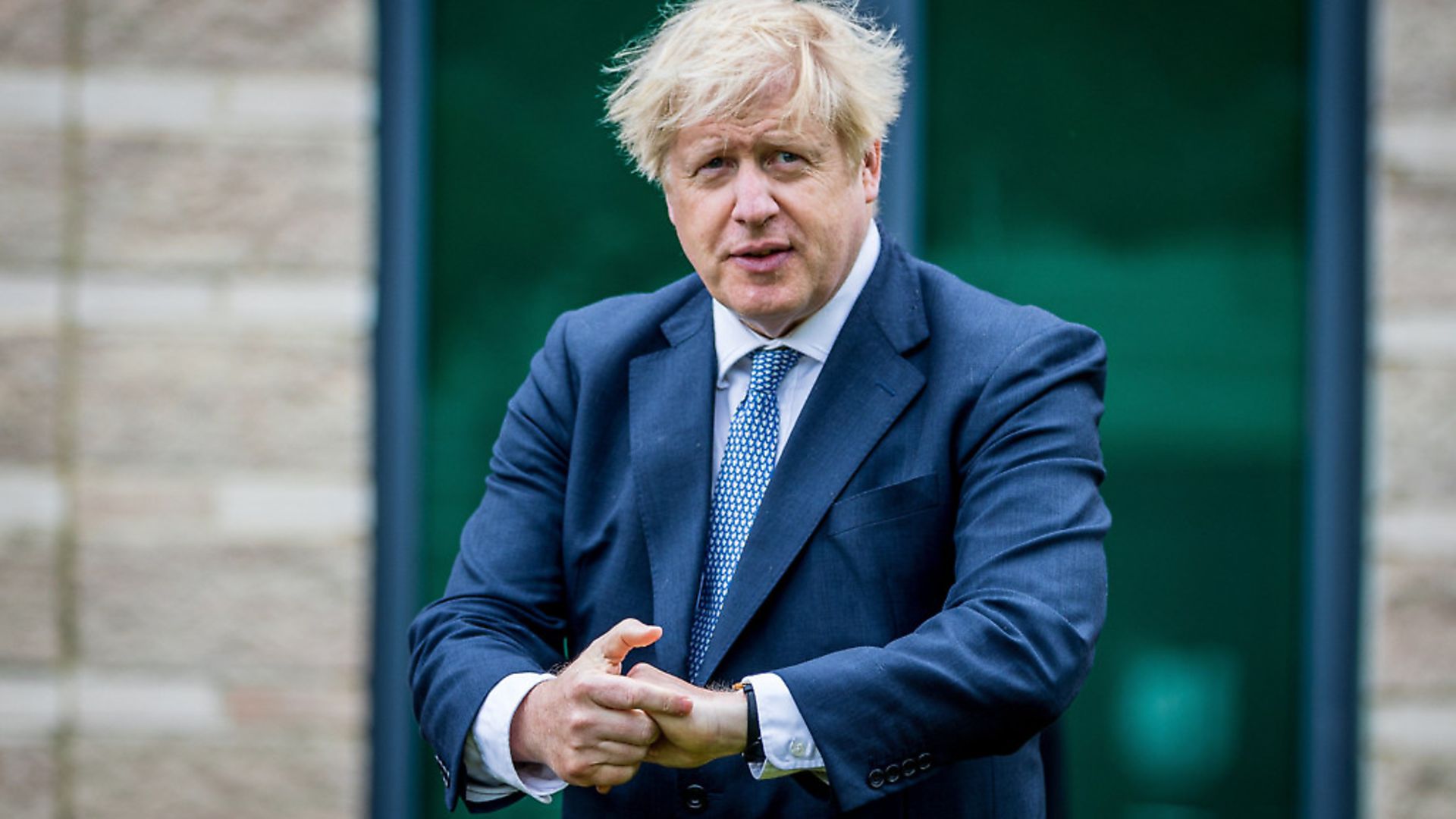
A survey of UK business has found that a large portion are less prepared for Brexit than at any other time this year because of the coronavirus.
The Confederation of British Industry (CBI), a body representing UK businesses, asked 752 firms between June 25 and July 15 whether they were prepared for the end of the Brexit transition period.
Over half of respondents, 58%, reported no change in their preparedness for Brexit since January while one in five said their preparations had actually got worse due to the coronavirus.
Manufacturers were the least ready with 27% reporting they were still unprepared while many slammed the government for not providing more clarification on key post-Brexit trading arrangements that affect the industry.
Meanwhile, only 15% of surveyed businesses said they were actually ready for the UK’s exit in December.
Dame Carolyn Fairbairn, director general of the CBI, said: ‘What’s clear from this wide-ranging survey is that the majority of firms have neither the time nor resources to prepare for a non-negotiated EU exit.’
‘While many larger firms have long had plans in place for a no-deal outcome, smaller firms will struggle to cope with a double dose of disruption. Businesses on both sides are desperate for a deal that protects their economies at this most precarious of times.’
The CBI’s warning comes days after the government was criticised by transport bosses over what they called were ‘flawed’ plans to recruit and train up to 50,000 new customs brokers.
‘The government is completely complacent on this issue. It takes six months to a year to train one person properly and as it stands today we have five months to do this,’ Richard Burnett, chief executive of the Road Haulage Association, explained.
‘Whatever the framework that is announced on Wednesday it will not support speeding this up to the degree that is required. No matter which way you turn this is flawed’.
Hauliers have stressed more officers are needed to help companies cope with an estimated 215 million additional customs declarations that will need filling out after Brexit.
They survey also discovered that three-quarters of companies shared deep concerns over Britain exiting the EU without a trade agreement.
This prompted Fairbairn to issue a warning to government urging it to secure a deal with the EU in order to ‘shield firms from a further trade shock at a time when they are least equipped to cope.’
A government spokesperson said: ‘We want a trade agreement with the EU that guarantees our political and economic independence, and we continue to work towards that objective. However, we will make sure that we are prepared for all possible scenarios.’
Warning: Illegal string offset 'link_id' in /mnt/storage/stage/www/wp-includes/bookmark.php on line 357
Notice: Trying to get property 'link_id' of non-object in /mnt/storage/stage/www/wp-includes/bookmark.php on line 37






